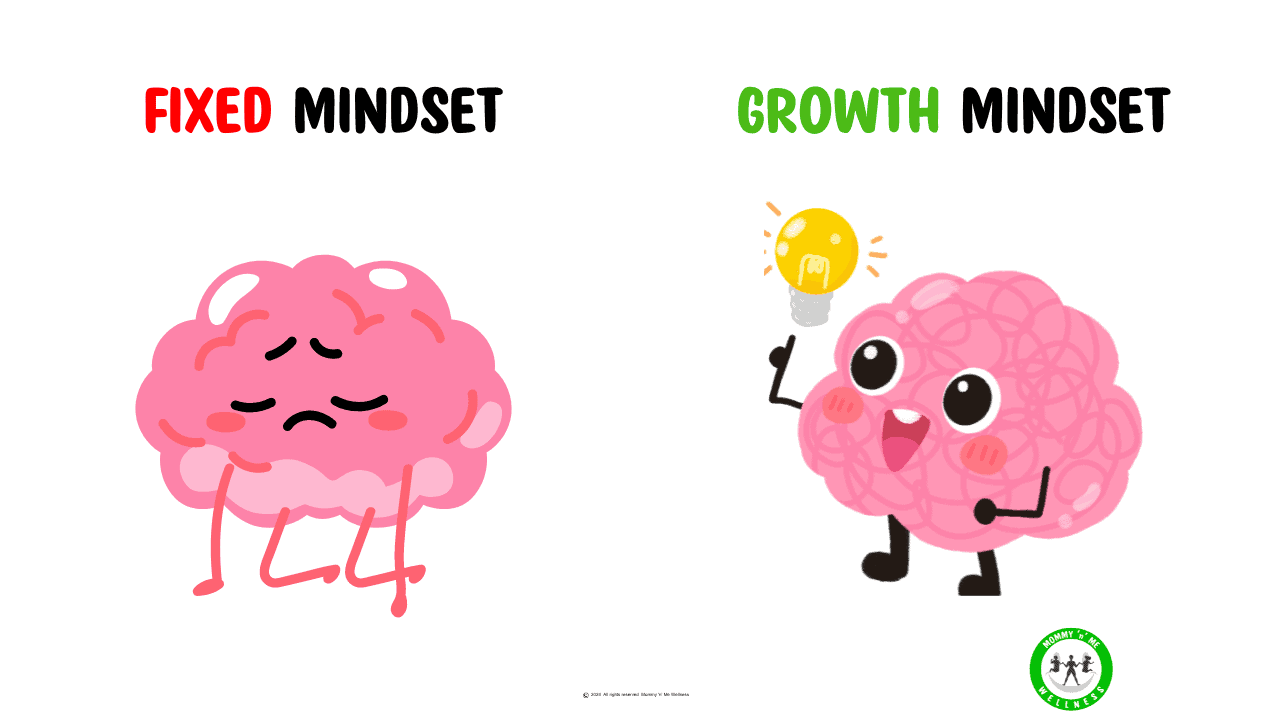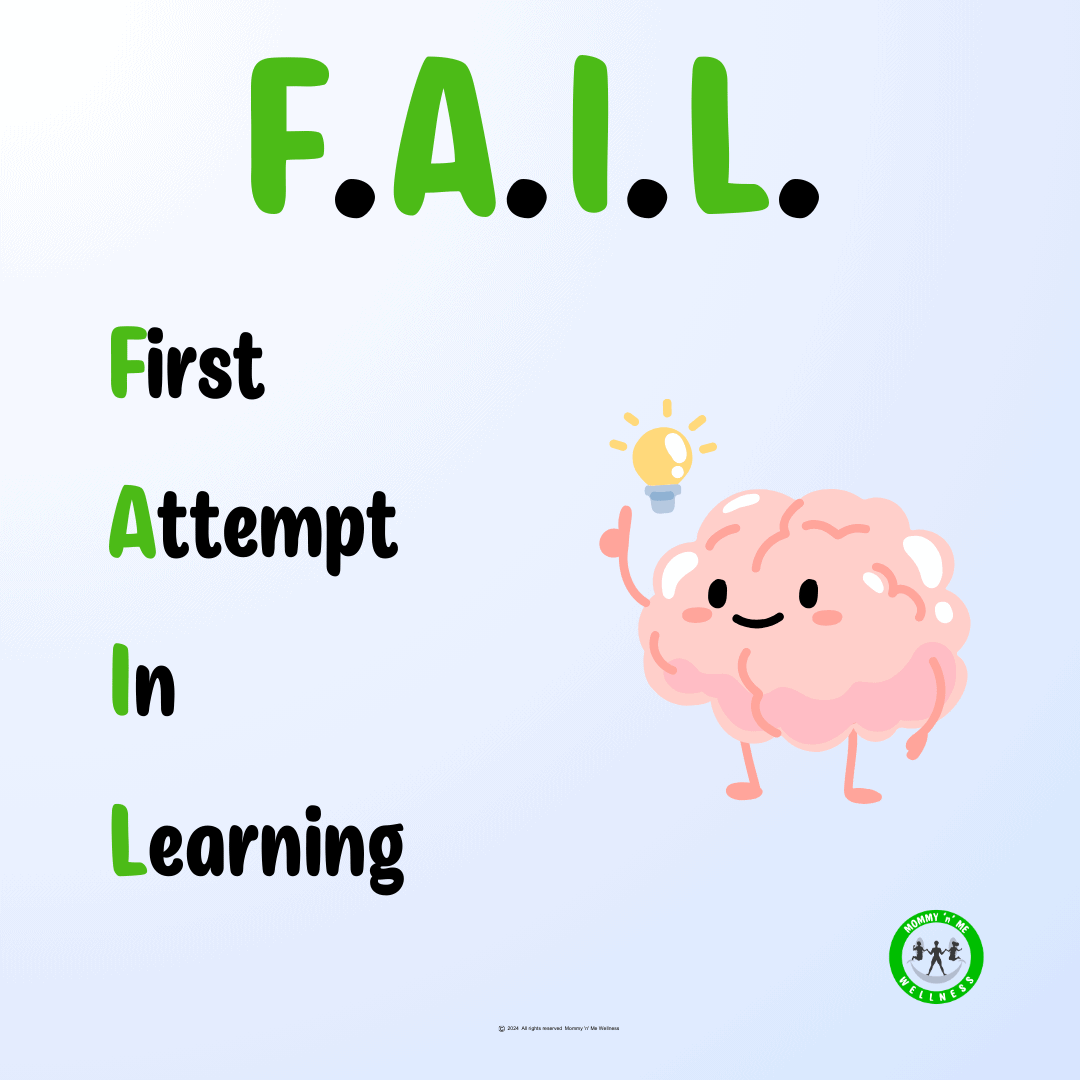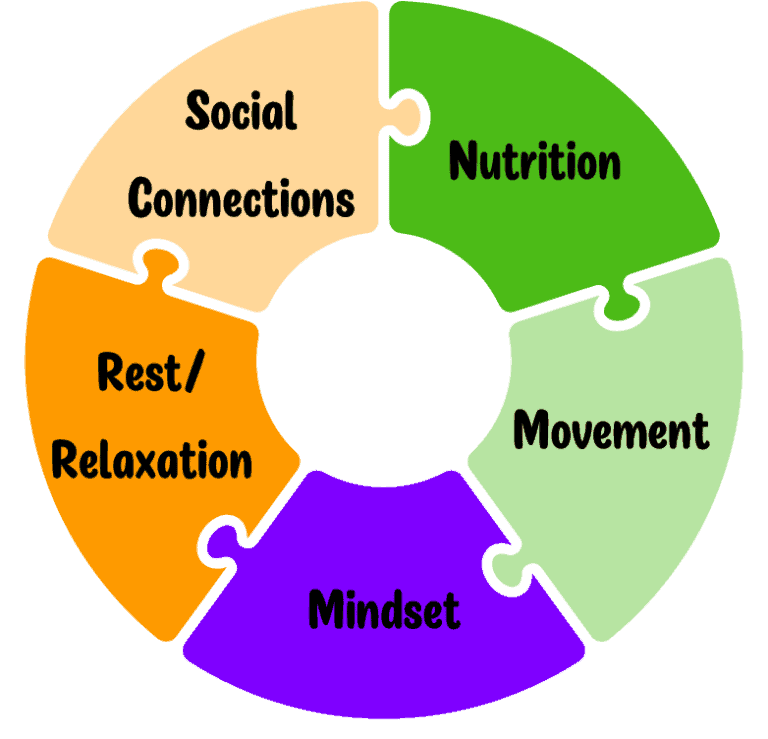The Power of Praise: Here’s Why You Shouldn’t Tell Your Children They’re Smart
In the world of parenting, praising your child’s intelligence may seem like a natural way to boost their confidence and self-esteem. However, recent research suggests that this well-intentioned praise might actually be doing more harm than good.
In this blog post, we’ll explore the two main types of mindsets, the findings of two key mindset studies, and how parents, especially homeschool moms, can use praise effectively to nurture a growth mindset in their children.
Understanding Mindsets: Growth vs. Fixed
The concept of the fixed mindset versus the growth mindset has gained significant attention in the field of child psychology. According to Stanford psychologist Carol Dweck, children with a fixed mindset believe that their abilities, including their intelligence, are fixed traits that cannot be changed. They cannot grow. On the other hand, children with a growth mindset understand that their abilities can be developed through effort, perseverance, and learning from their mistakes.
If you’d like to go deeper on this topic and discover how you can raise confident children, you will find more information in this blog post.
The Studies: Carol Dweck’s Intelligence Puzzle and Kang Lee’s Card Guessing
Carol Dweck’s Study: Dweck conducted a study where children were given a series of easy and challenging puzzles. After completing the puzzles, the children in group A were praised for their intelligence (“You’re so smart!”) while the children in group B were praised for their effort (“You worked so hard!”).
The children were then asked if they wanted to take an easy quiz or a harder one. The children in group A chose the easy quiz because they didn’t want to be challenged and not appear to be smart. Whereas, the children in group B chose the harder quiz.
They all got a test two years above their grade level and most did badly. However, the big noticeable change was that they were given the same puzzle that they had previously tried. 30% of the children in group A did worse because their confidence was no longer present. They thought that the presence of difficulty meant that they weren’t smart or that they weren’t good at the task. The children in group B increased their results by 20%.
The results showed that children who were praised for their efforts were more likely to choose challenging tasks in the future, demonstrating a growth mindset.
Kang Lee’s Study: Lee conducted a study where 300 children, between the ages of 3 and 5, were asked to guess if a hidden card was higher or lower than 6. After guessing, some children were told they were right because they were smart, while others were told they were right because they tried hard.
In a later round of the same game, the experimenter left the room, telling each child not to look at the card. The children who were praised based on their intelligence were more likely to peek at the card when they thought no one was looking.
Children understand the difference between being smart and doing something smart. By taking a peek at the card, they want to guarantee that they will be able to answer correctly the next time. They want to please the adult that is telling them that they’re smart, by showing them that they’re smart. That’s a lot of pressure for our children!
Conclusions from the Studies
Both studies highlight the importance of praising effort over innate ability. When children are praised for their efforts, they are more likely to develop a growth mindset, leading to increased motivation and a willingness to take on challenges.

What If You’ve Already Told Your Children They’re Smart?
So, what does this mean for parents? It means that the way we praise our children can have a profound impact on their mindset and their future success. When we tell our children they’re smart, we may be inadvertently promoting a fixed mindset. As we saw in the study by Kang Lee, this type of praise can create pressure for our children to maintain their “smart” status, leading to a fear of failure and a reluctance to take on new challenges.
So, if you’ve already praised your children for their intelligence, it’s not too late to shift your approach. Instead of focusing on the abilities that they’re born with, we can explain the difference between having a growth vs a fixed mindset. If you’d like to have a one-pager to help you guide the conversation and provide you with some mindset prompts that illustrate both mindsets, you can find it here.
You can also embrace mistakes as learning opportunities. It’s important for our children to learn about being perseverant and learning from our mistakes. I always say that FAIL means First Attempt In Learning. Many lessons can be learned from past challenges however we must be open and ready to learn.
Also, we can focus on our own mindset. If we develop a growth mindset for ourselves, our children will see how we face challenges, how we speak to ourselves and how we react to situations. They will learn how they can adapt this mindset as well.

How to Praise Your Children
Here are some practical tips for fostering a growth mindset in your children:
- Praise Effort: Instead of using generic praises like “You’re so smart”, you can praise specific actions or efforts: “I am so proud of the way that you broke down that mathematical equation”.
- Encourage Perseverance: Teach your children that it’s okay to make mistakes and that learning often involves setbacks. That’s when we grow the most.
- Praise their Progress or Improvements: If your child has progressed in a particular subject, you can tell them “I really love the progress that you made with your reading during this school year”.
- Praise their Strategies or Problem-Solving Skills: Similar to praising their effort, you can break down the strategy that they used to solve a situational problem.
- Praise their Behaviour: this works wonders with our younger children. If you have to wait at a store and your child was very patient, you can tell them: “Mommy really loved how patient you were when we were waiting at the store”. This will help them realize that their behaviour is something to be proud of.
By adopting these strategies, you can help instill a growth mindset in your children, setting them up for a lifetime of success and resilience.

How Do WE Praise Our Children
In our household, we do not hold back on telling our children that they’re smart…. however, we always link it to the effort that they put in.
For my youngest, she has a way of breaking down complex problems into manageable pieces. This is a skill that I always commend her for because she’s using her problem-solving skills to get to the result.
As for our oldest child, we focus greatly on the effort that he’s using when he completes a task… or doesn’t complete a task. Being a tween, he needs to understand that effort and the quality that he puts into his work determines the outcome.
The Benefits Homeschool Moms Have on Children’s Mindset
Homeschool moms play a crucial role in shaping their children’s mindsets. By creating a supportive and encouraging environment we can foster a growth mindset in our children. Then, by being a growth mindset role model, we can show our children that challenges are welcomed, effort is celebrated and learning is a lifetime thing.
What are your thoughts on this subject? How does this affect how you will praise your children going forward?
In order to answer that question accurately, you will need to know how to raise confident children by making sure that they have the tools and resources to exercise that confidence. In order to gain that confidence, there’s a small but powerful word that they can incorporate in their vocabulary TODAY. In this blog post, I’ll share with you the mindset that every child should have and a word that can transform their thoughts instantly.
*********************************************************************************************
Check out the entire video to discover the many ways that you can praise your children without telling them they’re smart.
The topics covered in this video are:
- The two mindsets that our children can have (Fixed Mindset vs Growth Mindset)
- Mindset Studies by Carol Dweck and Kang Lee
- The negative impact of telling your children they’re smart
- Embrace mistakes as learning opportunities
- Different ways to praise your children
- The impact that homeschool moms have on our children’s mindset
Don’t forget to download your free resource.
Like, Comment and Subscribe on YouTube
I would love to read your comments about this video. Any feedback is appreciated as it will help me create content that is helpful for you and other mamas out there. Like and/or Comment Here!
Also, if you haven’t done so already, subscribe to the YouTube Channel. I’m posting videos on a weekly basis. I would hate for you to miss out on info that might be helpful to you and your family. Subscribe now!
Links mentioned in this video:
- How To Raise Confident Children
- Mindset Prompts Download
- Mueller, C.M., & Dweck, C.S. (1998). Praise for intelligence can undermine children’s motivation and performance. Journal of Personality and Social Psychology, 75(1), 33-52. Praise for intelligence can undermine children’s motivation and performance. (apa.org)
- The best way to praise kids who learn and think differently https://www.understood.org/en/articles/ways-praise-can-empower-kids-learning-differences
- Carol Dweck Puzzles Experiment on Praise https://www.youtube.com/watch?v=GPZZwv_spxs&t=205s
- Why you shouldn’t tell your kid they’re smart https://www.todaysparent.com/kids/preschool/why-you-shouldnt-tell-your-kid-theyre-smart/
- The Ultimate Guide to Praising Your Kids https://biglifejournal.com/blogs/blog/praise
Results are not guaranteed. Please review our disclaimer for more detail.








